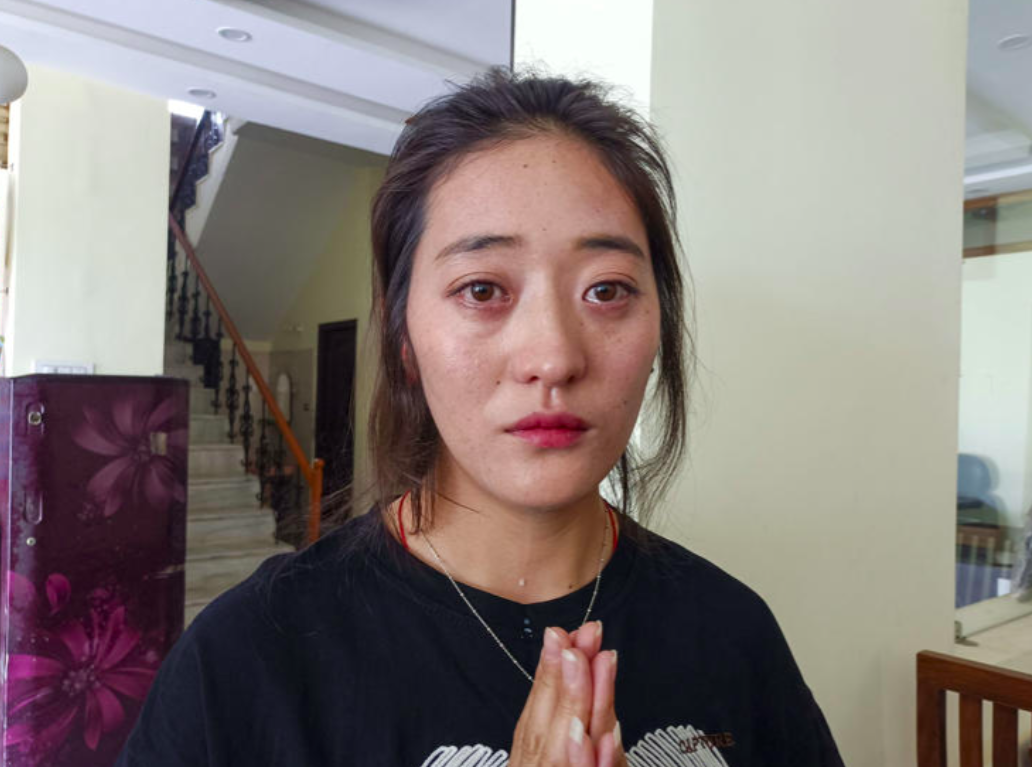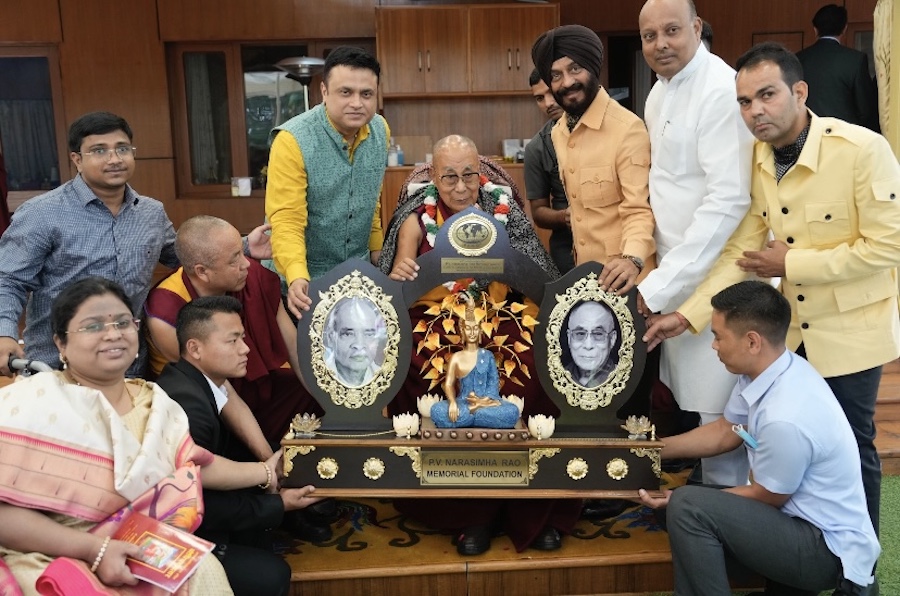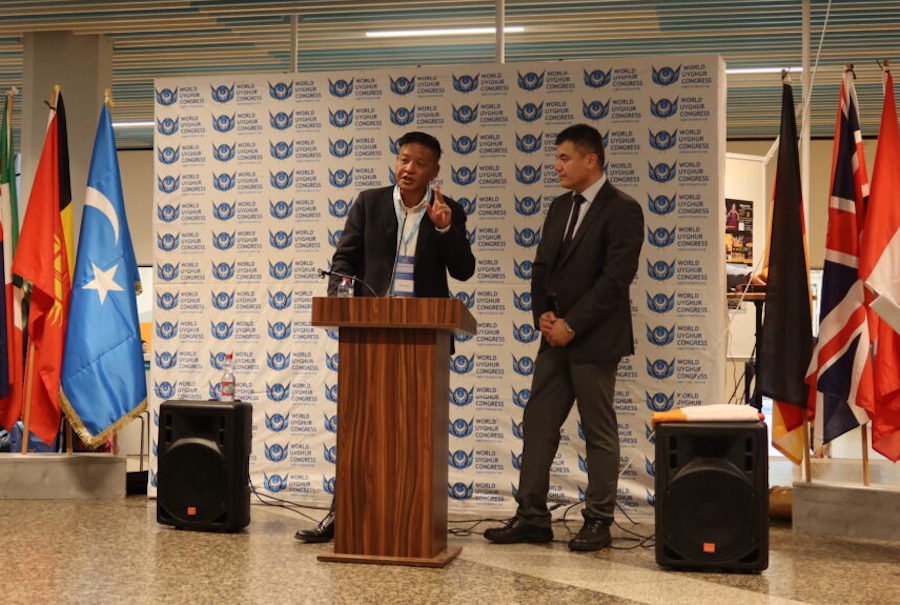By Brad Wells
The Western Student Association debated a resolution asking for the removal of a Chinese flag hanging in the promenade on main campus Wednesday.
Resolution No. 6, which urged the Western Michigan University administration to remove the Chinese flag because it conflicts with the mission and values of the university, was presented to the WSA senate by Sen. Matt Hall, sophomore majoring in business management, and Sen. Joseph Wood, freshman majoring in political science.
“We are using our values to get a sense of what to do on this campus,” Hall said.
In the resolution, WSA states that the Chinese government”s conduct conflicts with WMU”s mission and values, specifically labor rights standards and the Universal Declaration of Human Rights. Violations include forced abortions, sterilization of women violating birth quotas, restrictions on free practice of religion and crimes against the Tibetan people.
Hall made the distinction that the Chinese flag represented the government and not the people of China.
“This argument is not against the Chinese people, it is against the government,” Hall said. “This is not a statement against students.”
According to the resolution, the Chinese flag is a symbol of “Soviet-style” communist government.
“That flag represents the entire record of communist activity in China including genocide, starvation, forced abortion, the invasion and oppression of Tibet and a complete absence of civil liberties,” said WSA President John Knowles, who supported the resolution.
Knowles compared the presence of the Chinese flag on campus now to what it may have been like to have a German flag displayed during World War II, saying that it was a symbol of the government in place.
“Until the communist practices of China stop, that flag should not fly,” Knowles said.
Martin Super, junior majoring in political science, is a member of the Croatian Student Association. Twelve people in his family were killed because of communism.
“My family was killed for what that (the Chinese flag) stands for,” Super said. “This (flag) does not represent the Chinese people.”
Others opposed the resolution.
“Their flag stands for a lot more than sweatshops,” said WSA Vice President Mitzi Grier. “It stands for a wonderful group of people. It stands for the heritage of some of your Western students.”
Grier said that Chinese students who come here may not feel welcome.
Appleby said that the resolution should send a letter to the Chinese consulate or boycott Chinese made products to have a real impact on the issue.
“There is a lot wrong with this resolution,” said Sen. Otis McGresham, senior majoring in organizational communication. “Are we enforcing values or going against them?”
Students also questioned why only the Chinese flag was addressed in the resolution, asking for the inclusion of countries like India and Malaysia.
“I hate to pick on one certain group but its up right now,” Wood said, referring to the Chinese flag. “This may be a small step, but this is the first step.”
According to Wood, WMU Landscape Services puts the flags up at the promenade, but they receive them from the Office of International Student and Scholar Services. The flags are in place for about three to four months.
WSA hopes to invite Chinese students to their next meeting to hear their views on the matter.
The resolution was tabled after discussion and will be voted on next week.
In other business, WSA approved a budget allocation from its general fund to pay for originally unanticipated costs associated with sending eight delegates to a national conference of student governments.
An additional $2,000 was released from the WSA general fund by a vote of 48-3-1. The cost of airline tickets at about $525 per student, which was nearly double what was estimated in April 2002, was attributed with the need for extra funding, according to WSA Treasurer Chris Kahler.
“These were the cheapest we could find,” Kahler said.
According to Kahler, the tickets were only recently secured because the number of delegates WSA was sending had not been finalized.
Each representative from WSA paid a $75 fee, but the final cost per student, including airfare, lodging and conference registration, was about $900, Kahler said.
The budget allocation was nearly delayed when it appeared as if quorum was not present at the WSA meeting, which is a majority proportion of the senators needed to conduct business. Out of a total 92 senators, 56 were present, according to Speaker pro tempore R Gobler. Five members who were not on the list were added.
Grier announced that WSA will be sending a letter to Michigan Gov. Jennifer Granholm on behalf of WSA and the Graduate Student Advisory Council inviting her to campus and asking her to limit budget cuts to higher education.









